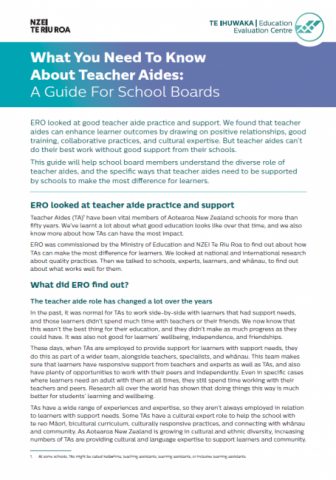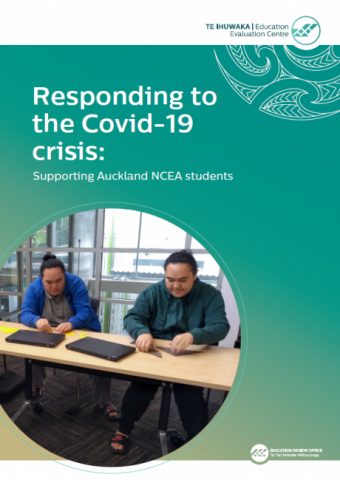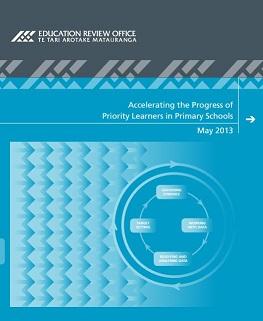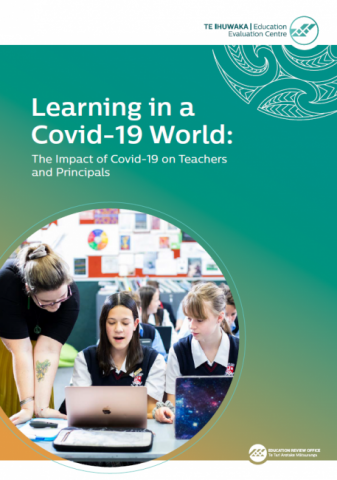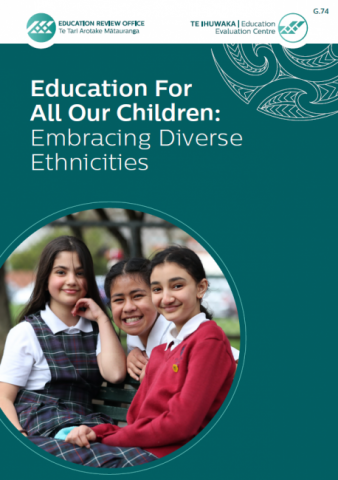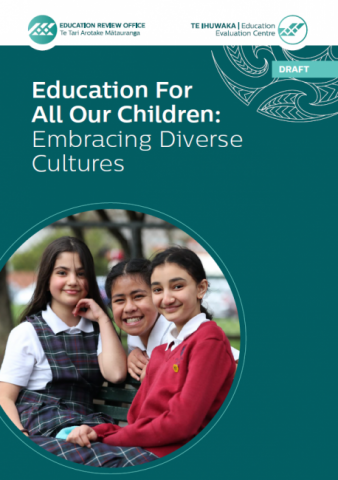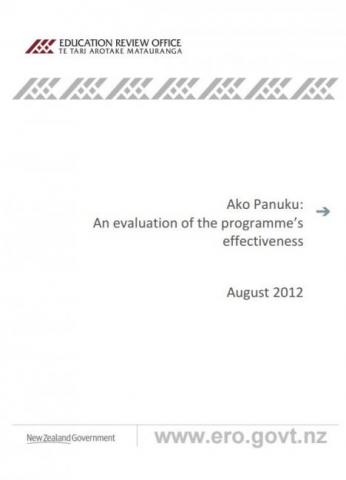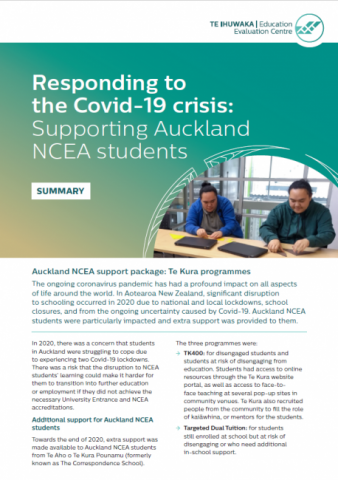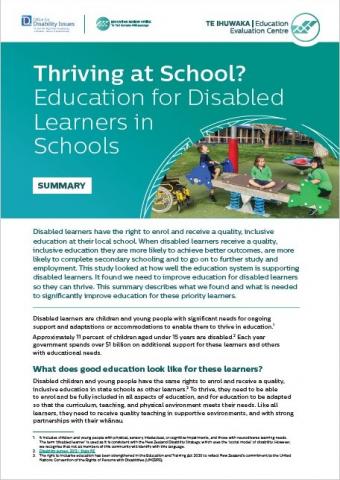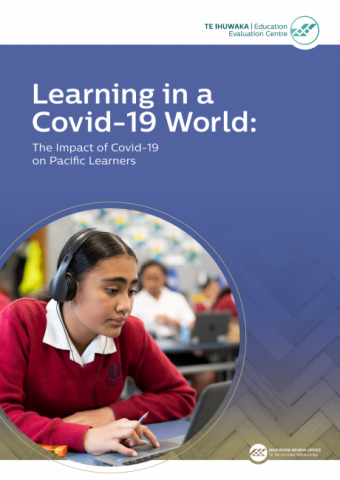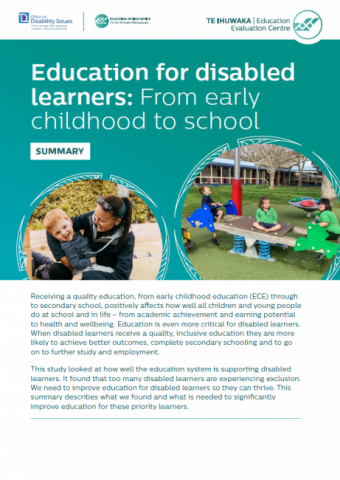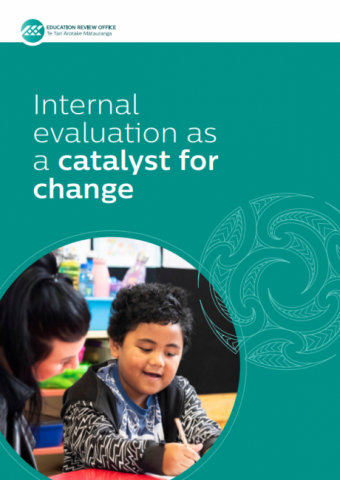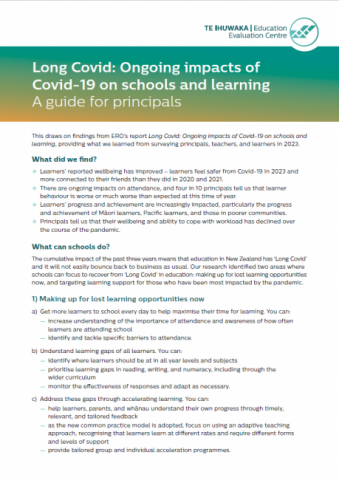What you need to know about teacher aides: A guide for school boards
Published: 30 Nov 2022
This guide will help school board members understand the diverse role of teacher aides, and the specific ways that teacher aides need to be supported by schools to make the most difference for learners.
- Audience:
- Academics
- Education
- Parents
- Schools
- Content type:
- Research
- Topics:
- Te Ihuwaka | Education Evaluation Centre
